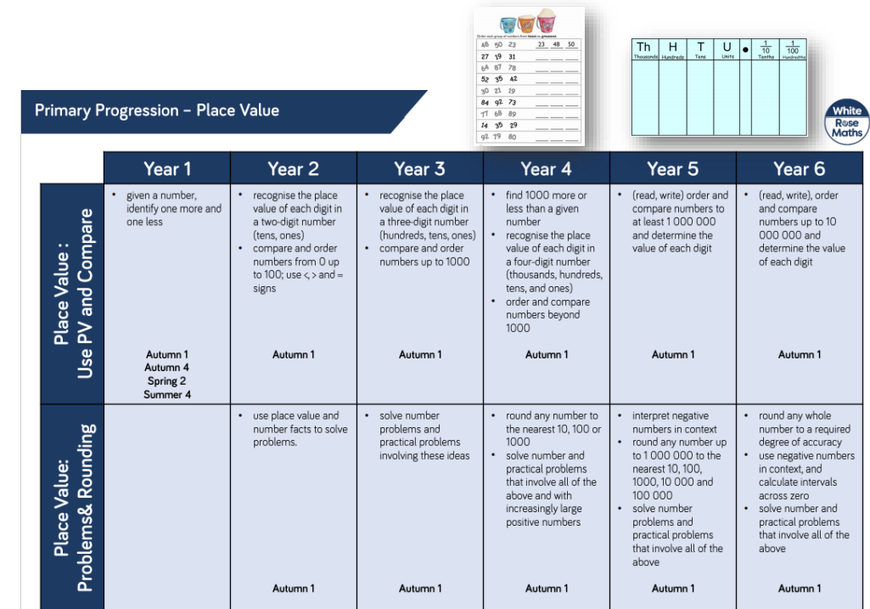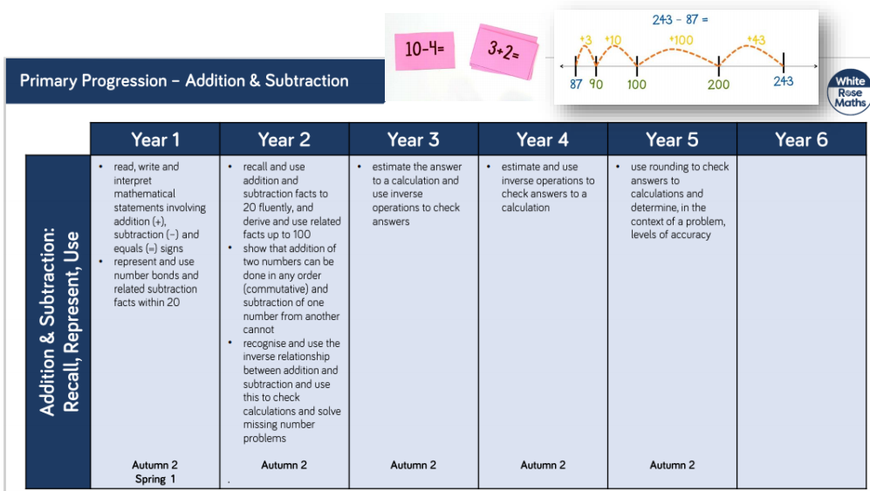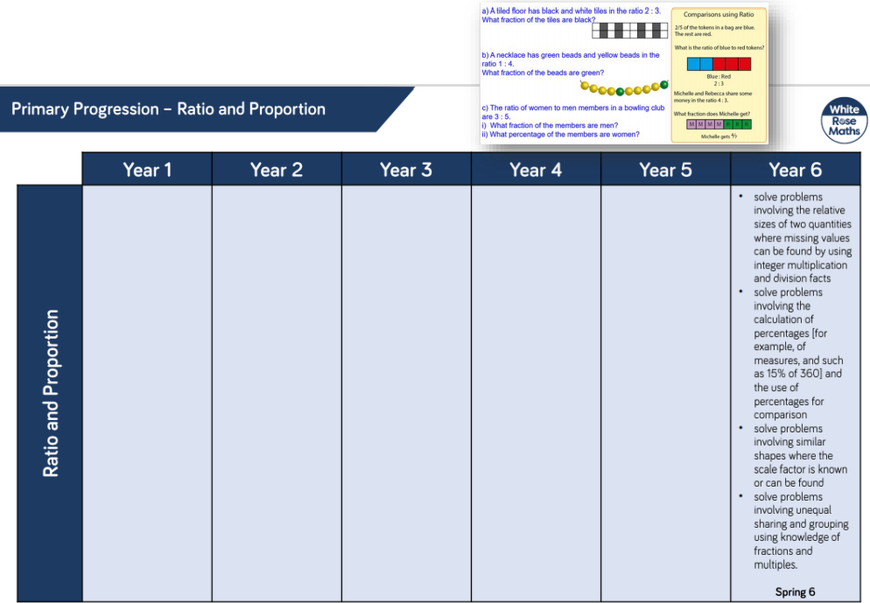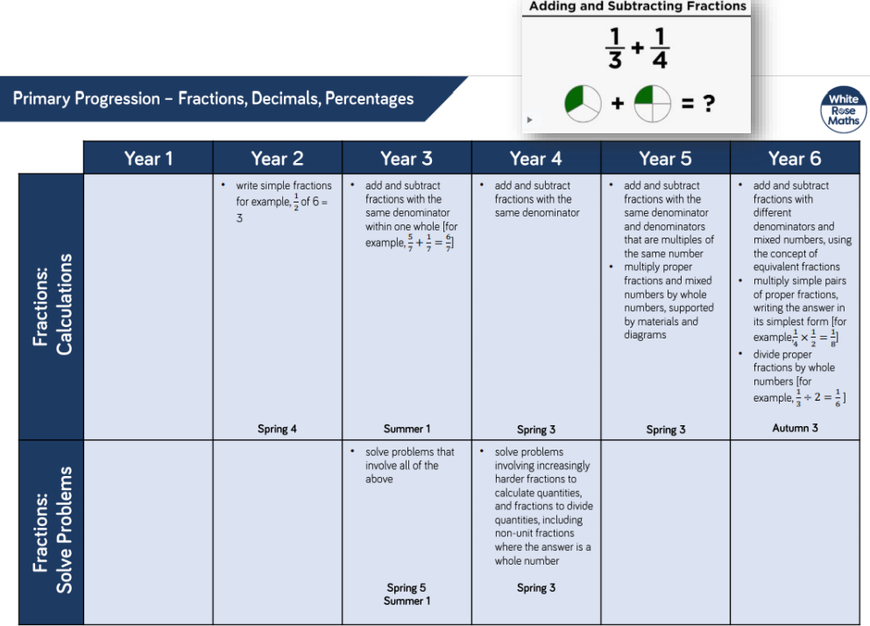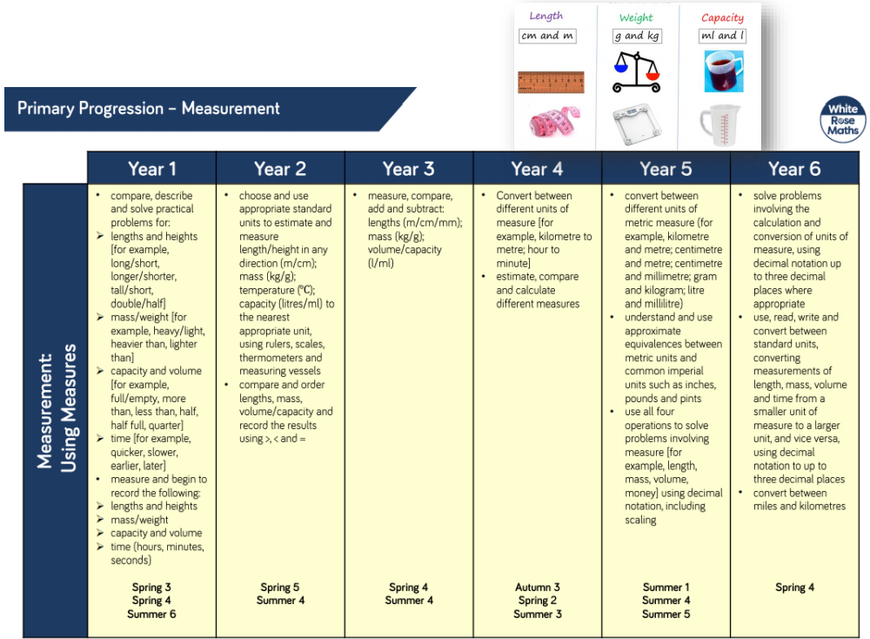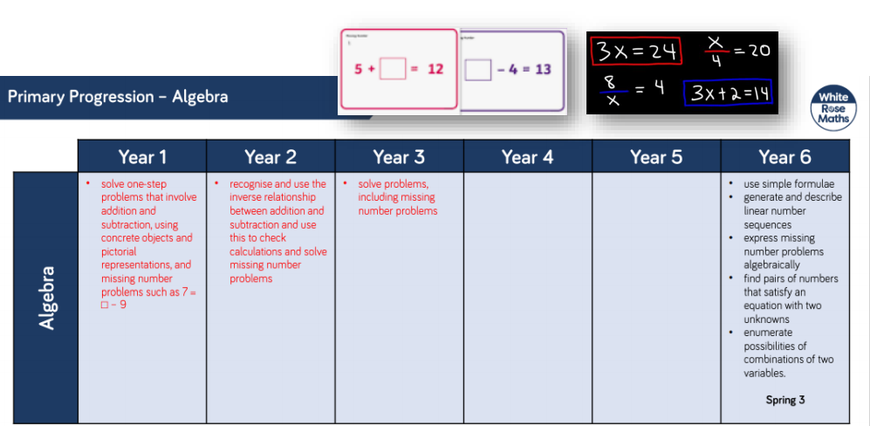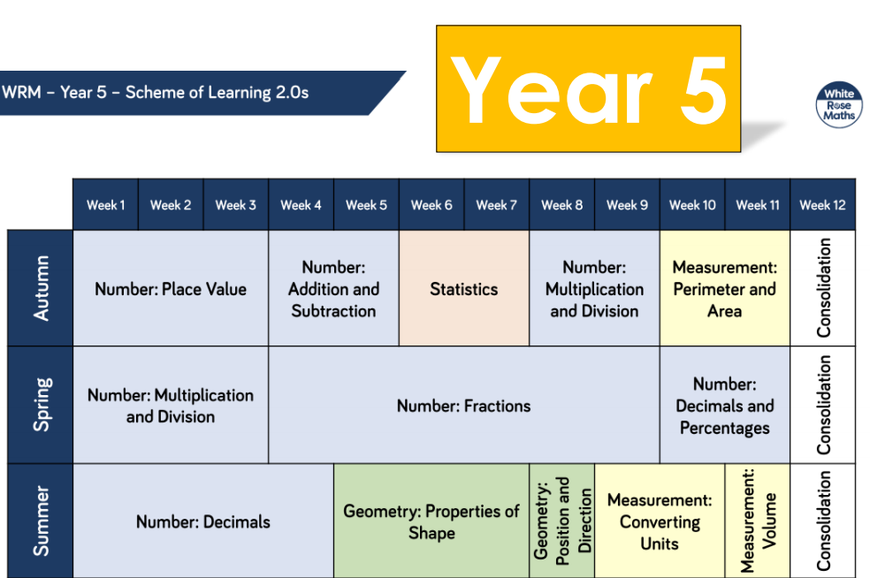Maths

Our Approach (Intent):
At Springfield Academy, we aim to promote enjoyment and enthusiasm for learning Maths, developing a culture of deep understanding, confidence and competence across the school.
Through practical activities, exploration and discussion, our purpose is to provide an engaging Maths curriculum of lessons that pupils look forward to, in which they can maximise their potential.
The focus is on raising standards – working together to show what pupils are capable of and to find effective ways of enabling all children at Springfield to succeed.

The three key areas of focus in our Maths curriculum are:
- Language/vocabulary – using mathematical language and the correct vocabulary to communicate ideas, prove and clarify mathematical concepts;
- Thinking – developing questioning skills and presenting challenges designed to promote mathematical thinking and deepen understanding.
- Problem Solving – promoting the concept that to be mathematical is to solve mathematical problems; being able to problem solve is the reason why and ultimately how we learn Maths.
At Springfield Academy, we aim to promote enjoyment and enthusiasm for learning Maths, developing a culture of deep understanding, confidence and competence across the school.
Through practical activities, exploration and discussion, our purpose is to provide an engaging Maths curriculum of lessons that pupils look forward to, in which they can maximise their potential.
The focus is on raising standards – working together to show what pupils are capable of and to find effective ways of enabling all children at Springfield to succeed.
The three key areas of focus in our Maths curriculum are:
- Language/vocabulary – using mathematical language and the correct vocabulary to communicate ideas, prove and clarify mathematical concepts;
- Thinking – developing questioning skills and presenting challenges designed to promote mathematical thinking and deepen understanding.
- Problem Solving – promoting the concept that to be mathematical is to solve mathematical problems; being able to problem solve is the reason why and ultimately how we learn Maths.
Aims and Objectives
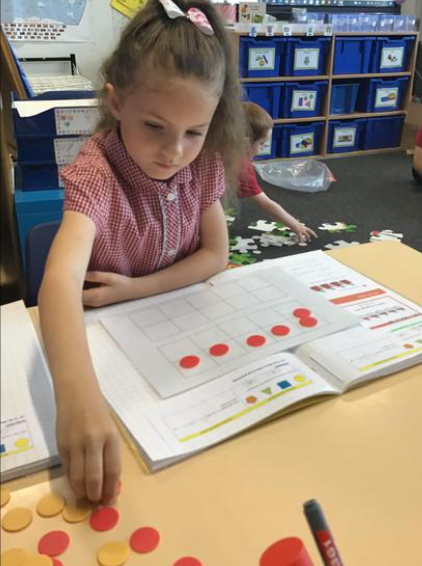
For Staff:
- To promote a confident, positive attitude towards joining in and learning Maths, making it an enjoyable experience;
- To promote confidence and competence in the skills of calculating, reasoning and using practical Maths manipulatives;
- To provide opportunities for the development of Maths skills where relevant across the curriculum;
- For the standard of Maths teaching to be high across all key stages;
- To use regular assessment to inform planning and improve learning, building on prior learning.
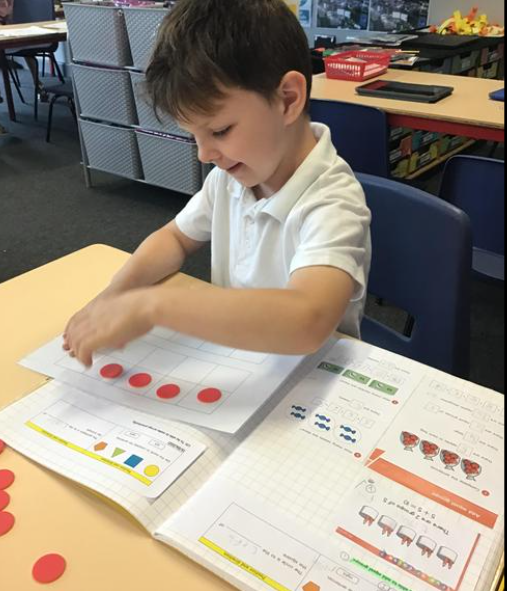
For Children:
- To become fluent in the fundamental basics of Mathematics;
- To reason mathematically using mathematical language;
- To become ‘problem solvers’, applying their Mathematical knowledge in a variety of situations
- To believe in themselves, show resilience and persevere with a challenge.
- To analyse errors and ask questions that stimulate mathematical thinking.

How Maths is implemented:
Currently we:
- Begin each Maths lesson with a fluency based knowledge retention quiz, consolidating prior learning and re-teaching misconceptions.
- Give the children a daily reasoning based question to give them a chance to discuss and explore a problem based on the lesson about to be taught:
- Focus upon the teaching of Maths using practical resources;
- Teach a 3 step process to support the children’s learning of how to problem solve;
1. Read the problem and explain what is happening in your own words, deciding which operation to use;
2. Underline or circle the important numbers and words, including those identified in the discussion.
3. Write a number sentence and choose an appropriate written method or mental strategy to solve it.
- Use ‘anchor tasks’ to explore problems in detail and deepen understanding of the processes involved in solving a mathematical problem.
Where can you see the impact of our Maths curriculum?
- Our Maths books – book scrutiny and monitoring results;
- Photographs/videos of the children engaging with Maths on our school website and class pages;
- Children referring to calculation displays in classrooms during lessons.
Evidence in our Maths books and Learning Journeys of Maths knowledge and skills being applied within our class topics outside of Maths lessons;
- Children using Maths toolkits within lessons as one of their entitlements to aid their learning;
- Our pupil/teacher conference sheets which highlight evidence of successful learning and indicate the children’s targets;
- Class Lemon Fizz and Chocolate Spread trackers
- Pupil voice – the children’s opinions about Maths
- Use ‘Lemon Fizz’ sheets in Years 1-6 to develop fluency of number bonds
- Use ‘Chocolate Spread’ sheets in Year 5 and 6 to develop fluency in calculating fractions, decimals and percentages.
- Use Times Table Rockstars in Years 1-6 as a tool for promoting the learning and recalling of key times table facts in independent class work, online homework and interventions.
- Follow a practical calculation policy which focuses on improving children’s conceptual understanding;
- Provide Maths Toolkits in Years 1-6, differentiated for Key Stage 1, Lower Key Stage Two and Upper Key Stage Two, as an entitlement;
- Use A4+ Maths books to provide the children with ample space to carry out their calculations, draw diagrams and explain their rationale.


